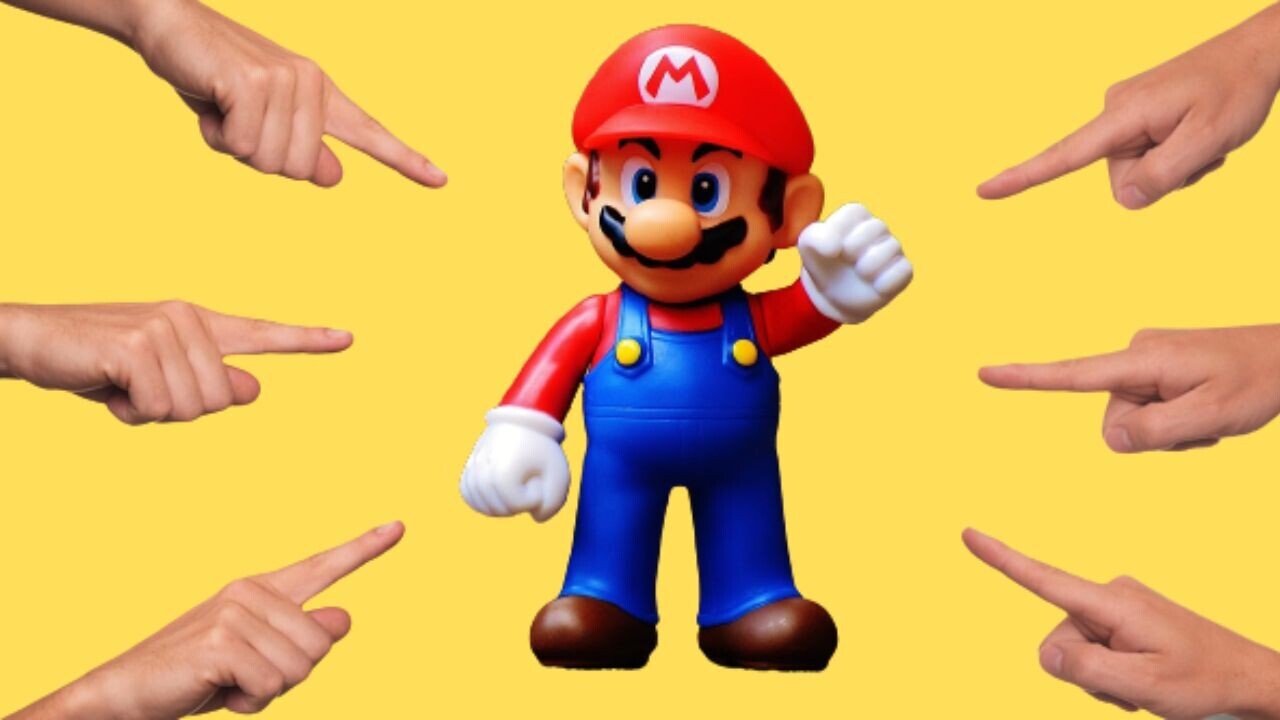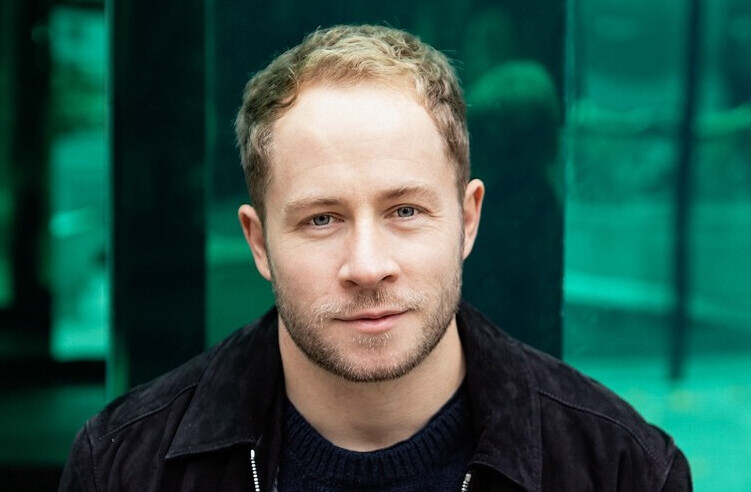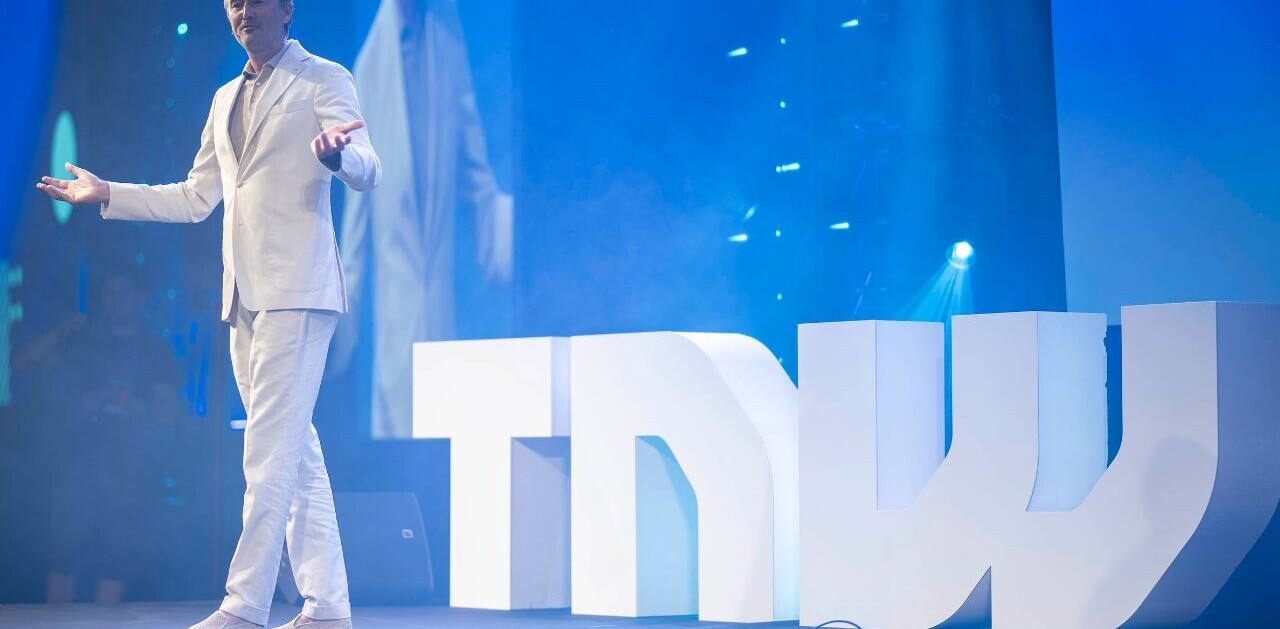
Emmanuel Macron has a new scapegoat for the riots engulfing France. As violent protests sparked by the fatal police shooting of a teenager spread across his nation, the president first blamed social networks and parents, before pointing the finger at a beloved boogeyman: video games.
“It sometimes feels like some of them re-live in the streets the video games that have intoxicated them,” Macron said at a crisis meeting on Friday.
The 45-year-old was echoing a common claim, but it’s one with scant empirical evidence. Studies have consistently rebuffed connections between violent video games and violent behaviour. Christopher Ferguson, a professor at Stetson University who studies the links, says “there’s not evidence of a correlation, let alone a causation.”
Other experts fear the issue is attracting too much attention. According to the American Psychological Association, “attributing violence to violent video gaming is not scientifically sound and draws attention away from other factors” — which cynics argue is the entire point.
Undoubtedly, there have been numerous occasions on which video games have made politically-expedient excuses for social ills. Here are five of them.
1. Mass shootings
Macron is not the first world leader to blame violence on gaming. After two mass shootings across a weekend in 2019, then-US President Donald Trump made a similar claim.
“We must stop the glorification of violence in our society,” he said. “This includes the gruesome and grisly video games that are now commonplace.”
Trump was echoing a theory that has become prevalent since the horrifying shooting at Columbine High School in 1999. Unsurprisingly, the National Rifle Association has become a prominent supporter of the hypothesis.
“After Columbine, the honesty stopped,” Ferguson told the Atlantic.
The teenagers got the protesting idea from video games? Macron is sounding an awful lot like, well…
(Published in the New Yorker in 2018, by me and @scottdools ) pic.twitter.com/LAoGAmiz1Y
— Jason Chatfield (@NewYorkCartoons) June 30, 2023
2. Satanism
Some of the world’s most popular video games have been connected to Devil worship. Two notable examples are the first-person shooter Doom and the Pokémon franchise, both of which have been accused of promoting satanic themes.
The Catholic Church, however, has denied such allegations. In 2020, Sat2000, a satellite TV station run by the Vatican, said Pokémon was based on “intense ties of friendship” and lacked “any harmful moral side effects.”
3. Divorce
World of Warcraft, Call of Duty, and Fortnite have all been held accountable for marital breakdowns.
According to Divorce Online, 5% of UK divorce filings in 2018 cited addiction to online games as a reason for their breakup. Admittedly, partners with video game addictions can be annoying (sorry, babe), but it’s more a symptom than a cause of relationship problems.
4. Depression
Gaming is regularly linked to depression, anxiety, and low self-esteem. However, research suggests that the impacts typically only affect people with existing mental health problems.
On a more positive note, several studies have shown that games can actually help fight depression and anxiety.
5. Bad dancing
There’s one detrimental effect of gaming that’s simply undeniable: Fortnite’s influence on terrible dancing.
The global hit offers an array of immensely popular emotes, from the Dab to the Floss. Unfortunately, these dances are now increasingly also found IRL. Footballers, pop stars, and influencers have all given the cringey moves a go, promoting the wretched bops to countless impressionable youths and adults.
If Macron is genuinely concerned about video games, he should investigate this matter immediately. But that may involve a disturbing look in the mirror:
Just Macron dabbing on Pogba’s post-match Insta.
I want Theresa doing the Fortnite dance with Jesse right now. pic.twitter.com/7ZoJPMtU3V
— Josh Halliday (@JoshHalliday) July 15, 2018
Get the TNW newsletter
Get the most important tech news in your inbox each week.




